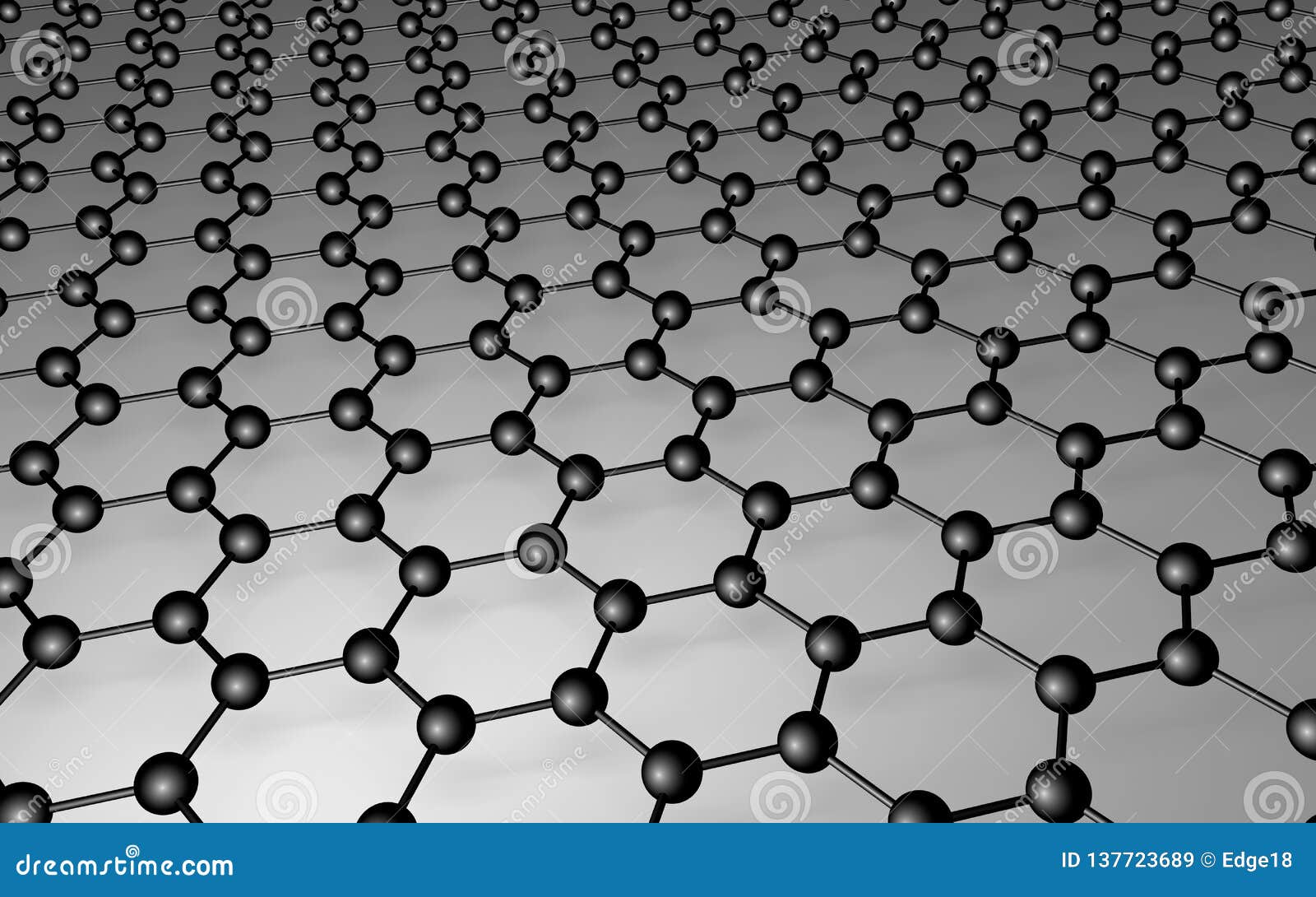Nanotechnology is an exciting field that is revolutionizing the way we build and create. It involves working at the atomic and molecular level to manipulate materials and create new structures and devices with unique properties. Nanotechnology has the potential to transform a wide range of industries, from electronics and medicine to energy and manufacturing. With its ability to engineer materials at such a small scale, nanotechnology holds great promise for improving our lives and addressing some of the biggest challenges we face as a society.
Building at the atomic level may sound like something out of science fiction, but it is a real and rapidly advancing field. At the nanoscale, materials behave differently than they do at larger scales, and this opens up a whole new world of possibilities. Researchers are able to manipulate individual atoms and molecules to create new materials with desirable properties, such as increased strength, flexibility, or conductivity. This level of control allows for the development of entirely new technologies and products that were previously thought to be impossible.
Nanotechnology has already made its mark in a number of industries. In electronics, nanotechnology has enabled the development of smaller and more efficient devices, such as smartphones and wearable technology. In medicine, nanotechnology has the potential to revolutionize drug delivery systems, allowing for more targeted and effective treatments. In energy, nanotechnology is being used to develop more efficient solar panels and batteries. And in manufacturing, nanotechnology is helping to create materials that are stronger, lighter, and more durable.
The World of Nanotechnology
Nanotechnology is a rapidly growing field that focuses on manipulating matter at the atomic and molecular level. It involves the study and application of materials and devices with structures and properties that emerge at the nanometer scale, which is one billionth of a meter. This interdisciplinary field combines elements of physics, chemistry, biology, engineering, and computer science to create innovative solutions to a wide range of challenges.
The world of nanotechnology offers immense potential for advancements in various industries, including electronics, medicine, energy, and manufacturing. By harnessing the unique properties of materials at the nanoscale, scientists and engineers can develop ultra-efficient solar cells, high-capacity batteries, targeted drug delivery systems, and much more.
Applications of Nanotechnology
- Electronics: Nanotechnology has revolutionized the electronics industry by enabling the development of smaller, faster, and more powerful devices. Nanoscale transistors, nanowires, and nanocircuits are paving the way for the production of ultra-compact and high-performance electronic devices.
- Medicine: Nanotechnology has the potential to revolutionize medicine by enabling targeted drug delivery, non-invasive imaging, and regenerative medicine. Nanoparticles can be designed to selectively deliver drugs to specific cells or tissues, improving treatment efficacy and minimizing side effects.
- Energy: Nanotechnology is playing a crucial role in the development of sustainable energy solutions. Nanostructured materials, such as nanocatalysts and nanocomposites, are being used to enhance the efficiency of solar cells, improve energy storage devices, and optimize energy conversion processes.
- Manufacturing: Nanotechnology is reshaping the manufacturing industry by enabling the production of new materials with enhanced properties. Nanomaterials can exhibit unique mechanical, electrical, and chemical properties, making them ideal for applications in aerospace, automotive, and construction.
The world of nanotechnology holds immense promise, but it also raises ethical, safety, and environmental concerns. As scientists continue to explore and push the boundaries of nanotechnology, it is crucial to ensure responsible research and development practices to maximize its benefits and minimize any potential risks.
Applications of Nanotechnology
As nanotechnology continues to advance, its applications are rapidly expanding across various fields. This groundbreaking technology holds immense potential to revolutionize industries and improve our everyday lives. Here are some of the exciting applications of nanotechnology:
1. Medicine and Healthcare
Nanotechnology has the potential to transform the field of medicine and healthcare. It enables the development of targeted drug delivery systems, where drugs can be delivered directly to the affected cells, minimizing side effects and maximizing therapeutic efficacy. Nanoparticles can also be used for imaging, diagnosis, and monitoring of diseases, leading to earlier detection and improved treatment outcomes. Furthermore, nanotechnology is being explored in regenerative medicine to develop artificial tissues and organs.
2. Electronics and Computing
Nanotechnology has played a crucial role in the miniaturization of electronics and computing devices. It has led to the development of smaller, faster, and more efficient computer chips, enabling the advancement of smartphones, tablets, and other portable devices. Nanoscale materials, such as carbon nanotubes and graphene, are being researched for their potential to replace traditional silicon-based electronics, offering improved performance and energy efficiency.
3. Energy and Environment
Nanotechnology offers promising solutions to address environmental and energy challenges. Nanomaterials can enhance the efficiency of solar cells, making renewable energy more viable. They can also be used for energy storage and conversion, enabling the development of more efficient batteries and fuel cells. Nanotechnology also helps in environmental remediation by facilitating the removal of pollutants and contaminants from air, water, and soil.
4. Materials Science
Nanotechnology has revolutionized the field of materials science by providing new ways to manipulate and engineer materials at the nanoscale. Nanomaterials exhibit unique properties and behaviors, making them valuable for various applications. For example, carbon nanotubes are incredibly strong and lightweight, making them ideal for use in construction materials and aerospace components. Nanocomposites, which combine different nanomaterials, offer improved strength, durability, and heat resistance.
In conclusion, nanotechnology encompasses a wide range of applications that have the potential to significantly impact numerous industries and improve our lives. From medicine and electronics to energy and materials science, nanotechnology holds promise for advancements that were once unimaginable. Ongoing research and development in this field will continue to unlock new possibilities and drive innovation in the future.


